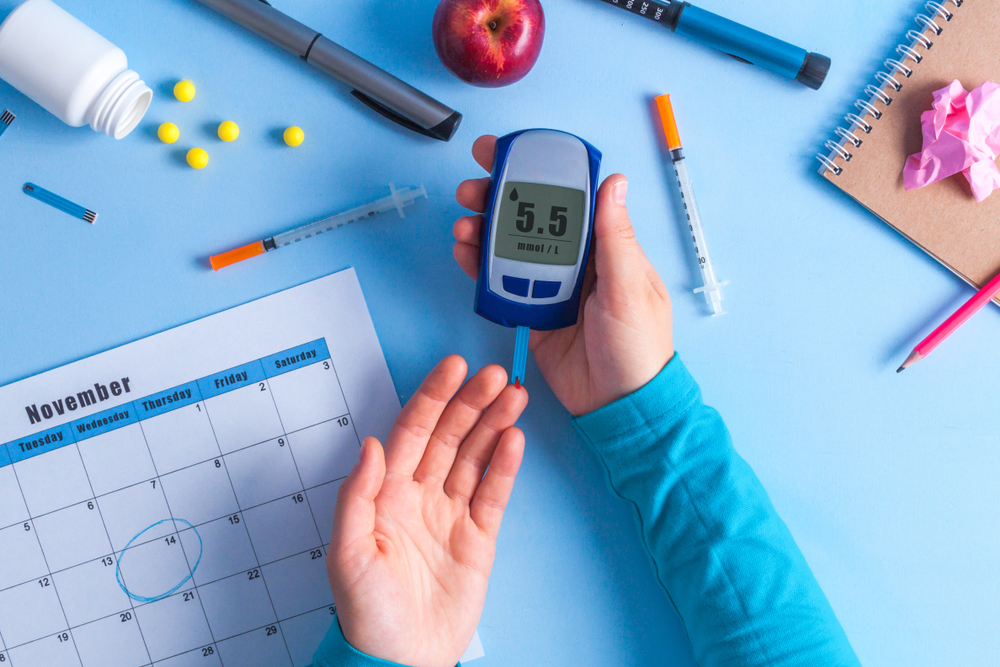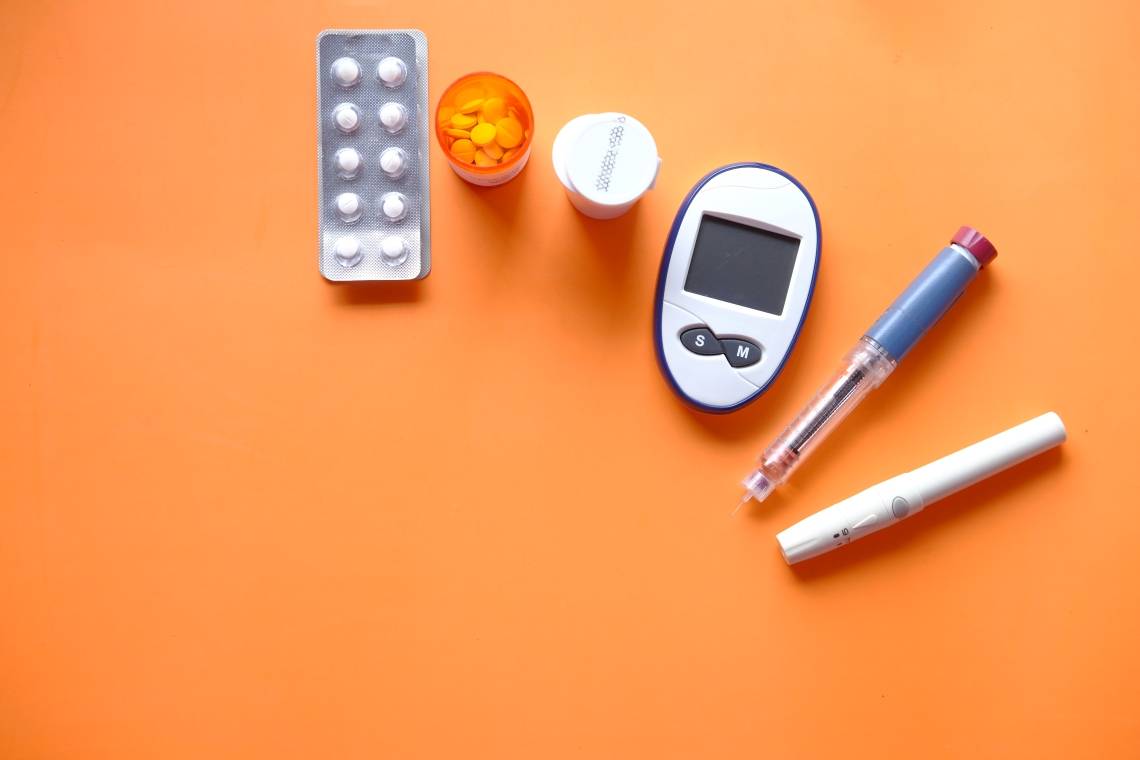Types of Medicine
Medicines are substances that are used to prevent, diagnose, treat or relieve
symptoms of a disease. They are often used in combination with other therapies
such as surgery or radiotherapy newsonexpress. They are available in a wide range of dosage forms
and have different advantages and disadvantages depending on how they are used.

Medications are divided into three main categories: prescription drugs, over-the-
counter (OTC) drugs and non-prescription drugs. Prescription medicines are only
available to buy after a doctor has prescribed them. Over-the-counter medicines are
usually available at pharmacies or supermarkets.
The main types of medication are:
Antibiotics – a type of medicine that kills or slows the growth of bacteria, such as
those that cause strep throat and ear infections. They can be taken by mouth,
injected or sprayed onto the skin or lungs.
Steroids – steroids are chemicals that help the body fight off infections. They are also
used to improve performance in sports and to relieve pain.
Hormone replacement therapy – hormones can be replaced by medicines, either to
keep the production of one or more hormones normal or to replace them when they
are no longer produced naturally. For example, some people have a thyroid gland
that doesn’t make enough of the thyroid hormone, which controls how the body uses
energy.

Integrative medicine – this is an approach to healthcare that combines conventional
medicine with CAM practices that have been shown to be safe and effective. It often
stresses the patient’s preferences and tries to address the mental, physical and
spiritual aspects of health.
There are many different types of medicines, including tablets, capsules, liquids and
creams. The types of medications you take depend on the condition that you have
and your personal preferences.
Tablets – These are round, oval or rectangular solids that contain the active
ingredient. They can be dissolved in water or milk, or put under the tongue and
swallowed. Some can be absorbed by the stomach or intestines, while others can be
absorbed through the skin.
Liquids – These are a mixture of the active ingredient with water or a liquid. They can
be sipped or mixed with soft drinks or other foods, and can be more convenient for
some people than tablets. They are less stable and generally have a shorter shelf
life, so they should not be kept in the refrigerator.
Topical creams – These are topical medicines that are applied to the skin or a small
area of the body, such as the eye or mouth. They can be used to control conditions
such as eczema or psoriasis.
Capsules – These are round, rectangular or oval capsules that contain the active
ingredient. They can have a hard outer shell, or be coated with a substance to make
them easier to swallow.
Drops – These are tiny doses of liquid medicine that are put under the tongue or into
the mouth. They are often a good option for children and those with difficulty
swallowing tablets or who have difficulty getting the medicine out of their mouths.
